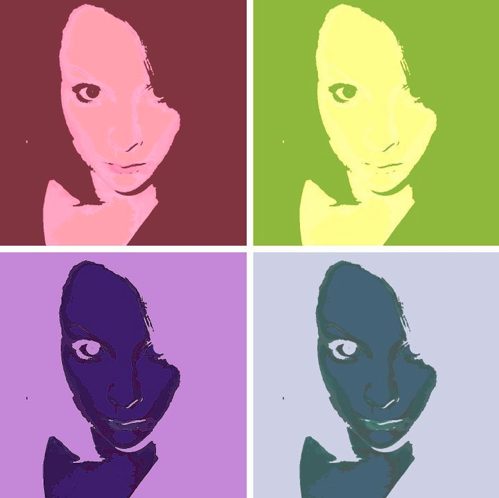Emma Hay talks to writer Lindsay Miller (L) and director Amy Gilmartin (A) about Alone, Face to Face a piece of new writing to be showcased at the Drama and Theatre Arts Graduate Show at the end of the month.
The play is about a couple, Susan and Gary, at the end of their relationship. What inspired the story?
L: For me, it was the play you didn’t want to write but knew you had to. It was based on a relationship I had between the ages of 17 and 20. It was a release to write and helped me realise just how destructive it was. It started out as a scene when I was a student on DTA. From that I realised it could develop.
A: I’ll be honest, I read the first draft of the scene and didn’t like it. When I approached her about my Graduate piece, she had done a few redrafts. I don’t know if I wasn’t ready at the time, but the characters are familiar to me now as people.
What can audiences expect from the show?
A: It doesn’t have a linear structure, it’s about memories and the way we remember things.
L: It’s how Gary perceives a memory. Then the event repeats in a different way, so a lot of the play let’s the audience make up their own mind about what’s real and where we blur the line.
A: There are moments of comedy, even if it’s just laughing at the mannerisms of people. Although there are four characters, audience members will see parts of them in each character.
L: I was surprised that it was funny. You don’t try to write comic moments, it sounds contrived. You just write what the characters would do.
Reflecting on your time on the Drama and Theatre Arts course, what are the main elements which have influenced your practice?
A: Everything we are encouraged to read, especially new writing and seeing how drafts change and develop. You learn a lot from placements; nothing beats seeing how directors work in rehearsals, what sort of techniques they use and why they use them.
L: The playwrighting specialism really opened the course up to me. When I started, I had intended on specialising in directing. The whole two years [in the specialism module] were inspirational, it had been built up by the course leader. Being given the opportunity to experiment and having the support there to try new things definitely helped.
It made me question my own memories, and the actors have too. Sometimes we have idealistic versions. We’ve been exploring why people do that. I’m very nostalgic, that’s probably a trait of being Scottish, but it’s good to reflect.
How does the dynamic between director and writer affect the script?
A: The relationship between writer and director is so important, together we’ve done a close study of the work – usually over coffee arguing about full stops. Most of my ideas have come within this environment. There’s a lot to be said about directing a dead writer’s play, and sometimes it’s good to answer only to yourself. I was keen to keep the piece Lindsay’s, that’s why there was so much debate.
L: It’s good for the actors too. They can ask questions about the characters – why they say things, why they do things – but I purposely don’t attend every rehearsal because I don’t want to have too much influence. New writers need someone to take it and run with it.
Your piece deals with the concept of memories; what has the research taught you about wider society’s attitude toward nostalgia?
A: It made me question my own memories, and the actors have too. Sometimes we have idealistic versions. We’ve been exploring why people do that. I’m very nostalgic, that’s probably a trait of being Scottish, but it’s good to reflect.
L: This started as a personal journey, but the whole process has taught me that everyone goes through a breakdown of a relationship, be it a friendship, family, love. Everyone can recognise themselves in the characters; we’re all similar and it’s nice to know that.
A: The first relationship is significant, it’s important. These characters are in a transitional stage.
L: We often discuss how it fits with today’s society: there are a lack of jobs, a (relatively) new government and everyone’s in a transitional stage.
How has the focus of two characters in a relationship allowed you to realise this on stage?
A: Susan has changed so much when we started working on her, the more she progresses the more different she becomes.
L: I think now Susan is the person I wish I had been in that situation. I was never her. It was easy to write the two of them because they were so incompatible that you could see they were at the end of their relationship. But, you can also see why they fell for each other in the first place.
Alone, Face to Face will be showing in the Studio Theatre, Queen Margaret University, Musselburgh, EH21 6UU on Wednesday 30th March at 7.15pm, Friday 1st April at 5.15pm and Saturday 2nd April at 5.45pm. Reserve places at qmugradshow2011@gmail.com
